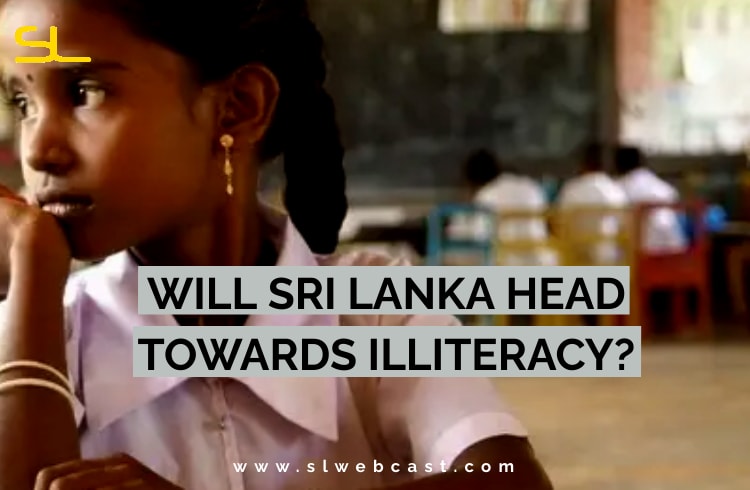Sri Lanka has the highest literacy rate in south Asia. But sadly, it is hard to develop the fundamentals to create a sustainable and progressive education system. One of the crucial key factors that affect the Sri Lankan public education system is mainly the corrupted government of Sri Lanka. The government funding for education, no future focus, serving their own political interest and an unregulated education are some of the main things to be considered.
Corruption in the country affects the education system very badly. The corruption of the country creates a great impact on the education system. It is indeed a barrier. Corruption in education also deepens economic and social inequality and hinders social mobility.
According to the reports and photographs circulating in the news and social media, the young children who sat for their ordinary level examination on 31st May 2022 at Gampaha in a remote area had a difficult scenario due to the unfavourable weather.
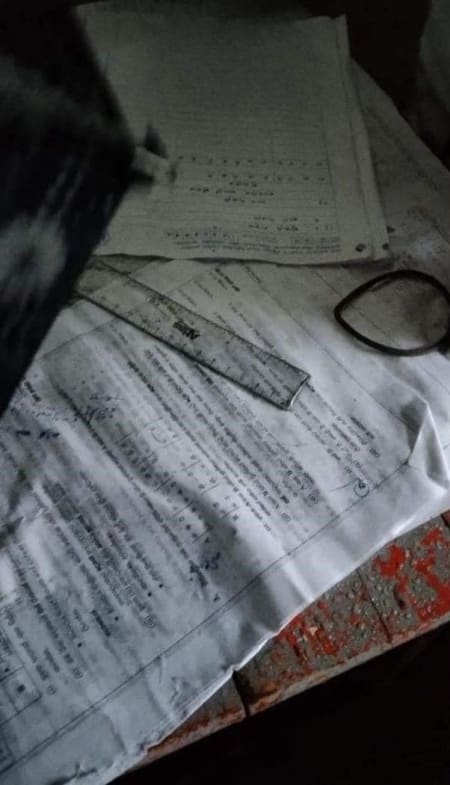
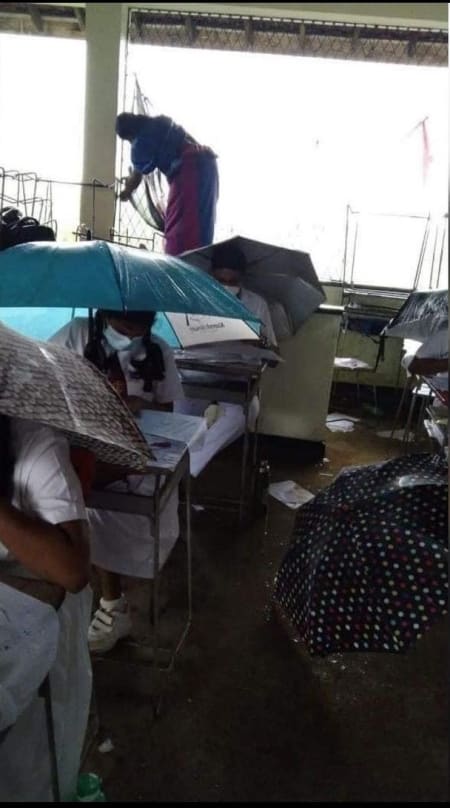
Children were writing exams while carrying umbrellas in the pouring rain. The first and most crucial step in life is the O/L exam. That is the reason despite any circumstance we strive to write the exam.
Is there any fault on the part of these youngsters for having to endure such a situation? Or are we going to blame the weather?
This predicament is entirely the fault of the government. What else can we expect from a crooked country and its authorities when they can’t even provide a good exam space for those little leaders? The blame for destroying everyone’s lives and hopes must undoubtedly fall on the so-called politicians and their corrupted political systems.
Currently in the middle of this crisis, parents struggle to feed their children and send them to the exam hall with high hopes and expectations, and the children in turn have high hopes and expectations as well. But, in the end, what happened to them? They weren’t able to complete the exams without any issues. Their hopes and dreams along with their papers were washed away.
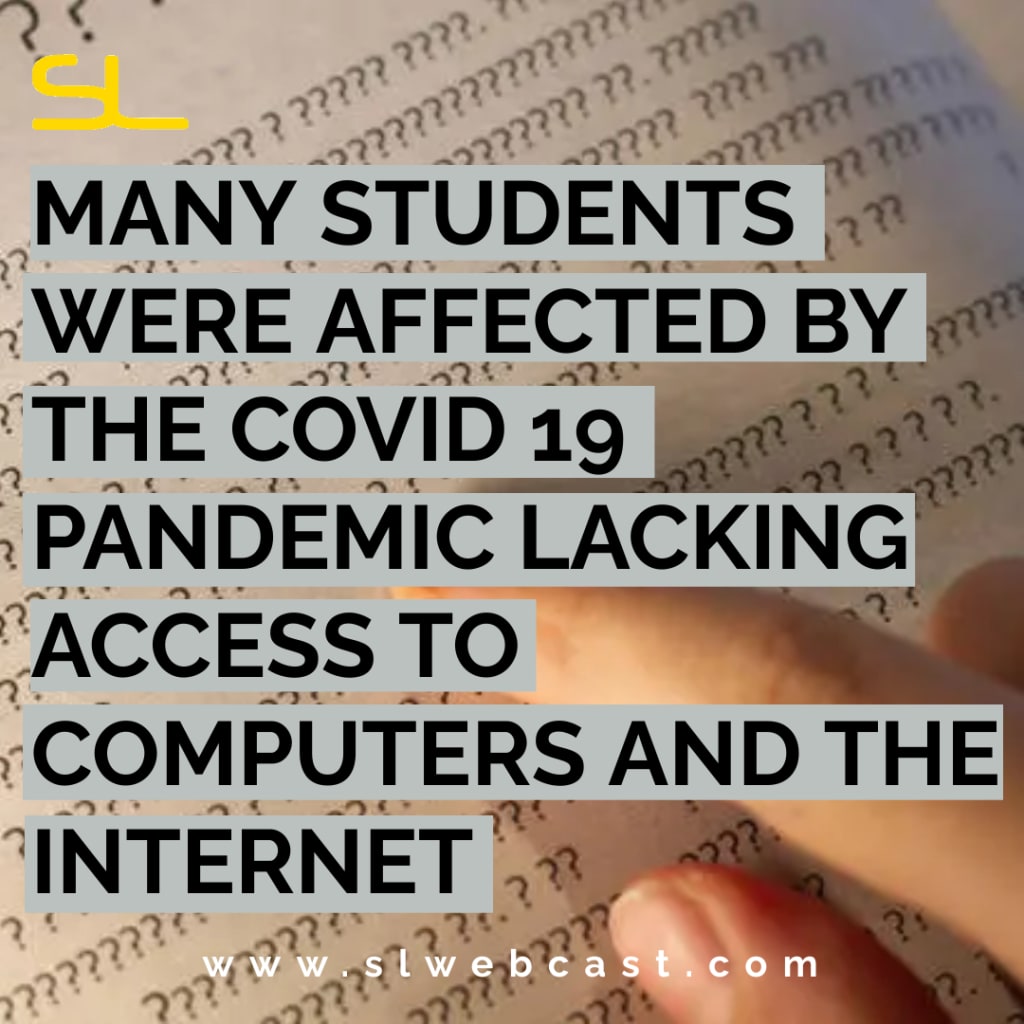
The education of the children was already fallen apart during the covid 19 outbreak. Schools were closed and online classes were started. Meanwhile, let’s take a moment and think if all the children were able to gain education online. It was impossible for the majority of students to participate in the online sessions. Many students were affected by the covid 19 pandemic lacking access to computers and the internet. Apart from this, many students couldn’t afford to buy a smartphone and kids had to walk miles to get a stable network connection.
Every student should be entitled to have adequate access to educational resources and support services to improve their academic performance. And moreover, this is despite a global need to adhere to social distancing protocols.
If you remember the Kinya ferry collapse which happened recently? This is one of the best examples to show the lack of enthusiasm of the government towards the well-being of the children. The residents of Kinya have requested for a bridge to be constructed for the benefit of their children but our government failed to make one before the death of the innocent people.
In rural areas, children walk for miles to get education. They have no proper transportation nor good roads to walk. This kind of unfavourable conditions creates many other impacts on society. Imagine children, especially little young girls going to school on foot in a remote area. Can we even guarantee her safety? Obviously, we can’t because kidnaps and rapes play a major role in society. Just because these things are circulating in the media, we are aware of what is happening. Yet many other unfavourable things may happen to the schooling children on their education side.
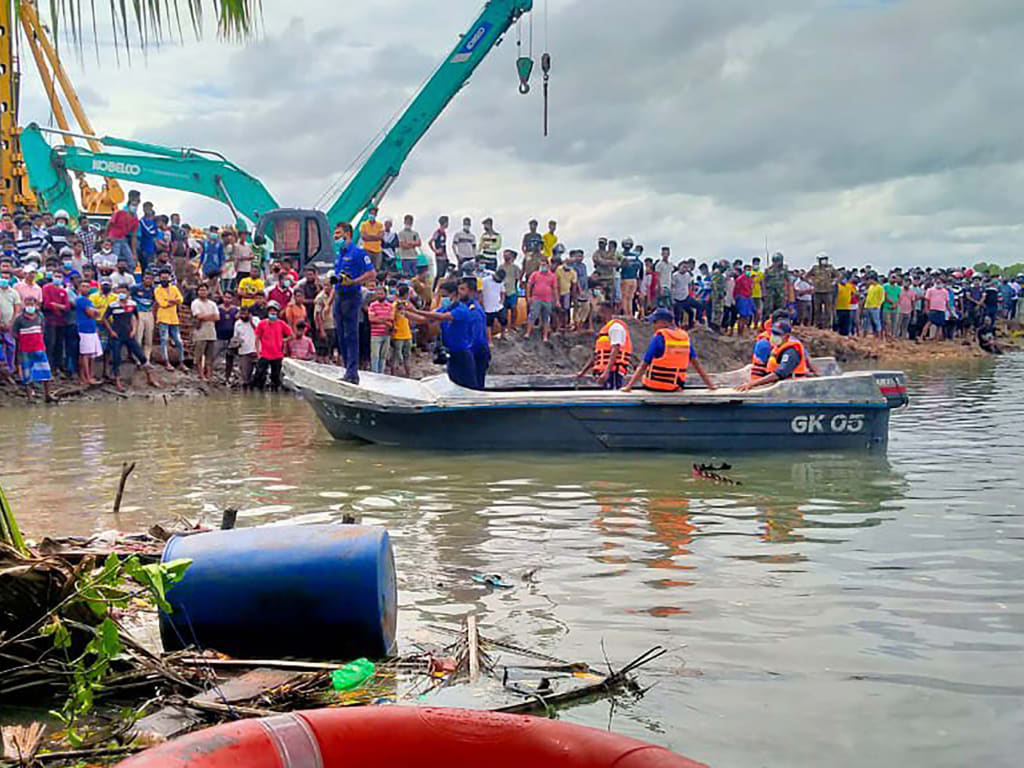
This is one of the dark sides of the country we live in, where the people from remote areas and free education got no prominence. Meanwhile on the other side people are living their life to the fullest.
The rulers had enough money to build superfluous infrastructure such as the Nelum Kuluna, and highways, to send rockets which were a total failure, to build residences for parliament ministers, and to buy expensive stuff for their personal use when the entire country is undergoing a crisis. But they got no money for the common public’s well-being.
Why aren’t they able to focus on these remote schools, when they can focus on all of these unimportant things?
This is what happens when we elect corrupt politicians who have no education, no ethics or morals. When they don’t know the value of education, how can we even expect them to focus on these issues? These uneducated political figures who are greedy for power have no idea about the seriousness of these matters except to fight for their power in the parliament. When they don’t value the education of our future leaders, how can our country prosper? This shows how backward we have come.
Personally, I think the Sri Lankan government should take a more keen interest in improving children’s education. We need to transform our education system to meet the aspirational needs of the new generation.
Whether our demographic situation is an asset for our country or not depends on the quality of their learning. A smooth spacious college construction has basic facilities and spacious classrooms with furniture, boards, electric fittings like bulbs and fans, hygienic toilets, consuming water, playgrounds, laboratories with equipment, and computers for kids to examine and work with.
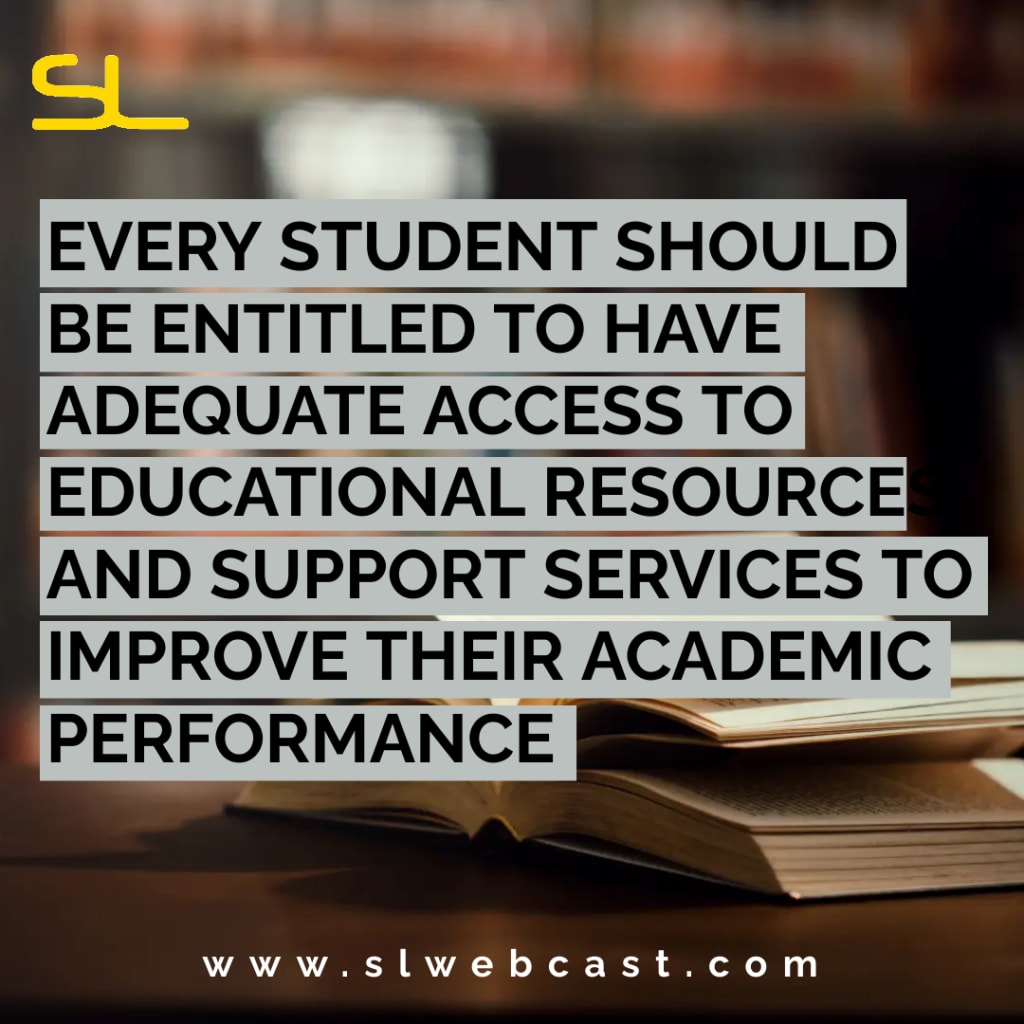
Having a good school building isn’t enough, it needs to be maintained. so that students find it an inviting environment to which they look forward to coming every day to learn.
Students’ likes and dislikes for attending classes or interests in a particular subject can be linked to their teacher and his/her quality of teaching. Schools should also have sporting facilities and avenues for cultural events which together contribute to building a student’s life skills and personality.
However, the vast majority of the youth do not have access to such facilities and quality teachers due to issues like affordability and location. Especially those residing in semi-urban and rural areas.
In order to maintain a stable literacy level, we need to ensure that a proper learning ecosystem is available across the length and breadth of the county for desired learning outcomes to be achieved.
Let’s wish things to change and hope for a better future.


